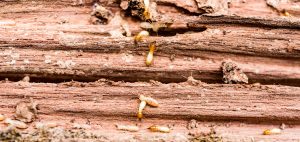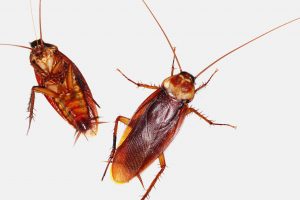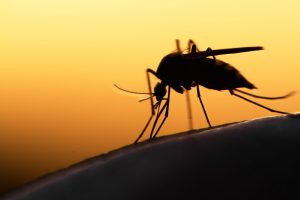 Caterpillar Helicoverpa armigera (Photo credit: Wikipedia)Caterpillars are funny little insects, slow, slimy pests that crawl their way into beautiful futures as free and flighty butterflies. Most caterpillar facts in books and online provide information about habitat, environment, diet, and butterfly transformations. However, did you know there are many more interesting facts about caterpillars that most books forget to reveal?Some of these caterpillar facts are fascinating, while others may serve as a word of warning, as there are many caterpillar health effects that often go unnoticed by the public.
Caterpillar Helicoverpa armigera (Photo credit: Wikipedia)Caterpillars are funny little insects, slow, slimy pests that crawl their way into beautiful futures as free and flighty butterflies. Most caterpillar facts in books and online provide information about habitat, environment, diet, and butterfly transformations. However, did you know there are many more interesting facts about caterpillars that most books forget to reveal?Some of these caterpillar facts are fascinating, while others may serve as a word of warning, as there are many caterpillar health effects that often go unnoticed by the public.
Caterpillars Can Damage Health
It’s true: caterpillars may be hazardous to human health. There are certain types of caterpillars that have venom in their hairs that can cause renal failure, dermatitis, and even asthma. Although these health effects are very rare and only occur in certain places in the world, they can be very life threatening if not treated immediately. Skin rashes are the most common health concern from caterpillars; however, even such a rash should be seen by doctor in case it spreads or causes damage to tissues or cells.
Caterpillars Can Damage Your Garden
Caterpillars consume the leaves of a variety of different plants and trees. They can damage gardens, yards, and even farms and city parks. Some species of caterpillars also consume food crops, such as vegetables and fruits, leading to a loss in crop yields. Due to the constant use of pesticides in many areas, many caterpillars have developed resistance to the already-established control services available. Many insecticides, especially those used by professional pest control services, may still help in deterring them in certain regions.
Caterpillars Are Herbivores
Most caterpillars are vegetarians, and restrict their diets to one plant or one species of plants, which can be a problem for gardeners and farmers. On the other hand, some species of caterpillars actually consume the eggs of other insects, making them important predators and helpful in the garden, in some aspects.
Nocturnal Insects
Caterpillars are often nocturnal, and do the majority of their working, eating, and hunting during the night. When it is daytime, they often hide underneath leaves and tall plants. They prefer to be active during the nighttime hours when many other insects are out and about, and when there is less heat from the daytime sun.
Caterpillars Can Be Toxic to Other Pests
Some types of plants have defense mechanisms that cause them to be toxic to certain pests. However, many caterpillars counteract these defenses and are able to consume such plants. They store these toxic chemicals in their bodies without experiencing harm. Caterpillars can then secrete these toxic chemicals to protect themselves from larger predators. Isn’t nature grand?
If these pests are causing problems in your yard or garden, or are affecting your crops, take measures to control them. However, remember that these pests eventually turn into butterflies, which are both beautiful and very helpful for the pollination and the growth of many different plants.




